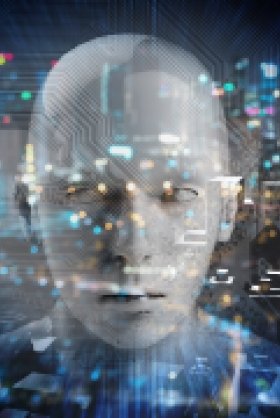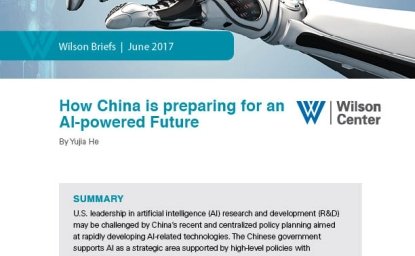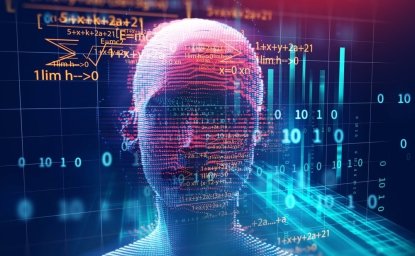Artificial Intelligence: A Policy-Oriented Introduction


Technological advances in artificial intelligence (AI) promise to be pervasive, with impacts and ramifications in health, economics, security and governance. In combination with other emerging and converging technologies, AI has the potential to transform our society through better decision-making and improvements to the human condition. But, without adequate risk assessment and mitigation, AI may pose a threat to existing vulnerabilities in our defenses, economic systems, and social structures. Recognizing the increasing integration of technology in society, this policy brief grounds the present excitement around AI in an objective analysis of capability trends before summarizing perceived benefits and risks. It also introduces an emerging sub-field of AI known as Human Computation, which can help achieve future AI capabilities by strategically inserting humans in the loop where pure AI still falls short. Policy recommendations suggest how to maximize the benefits and minimize the risks for science and society, particularly by incorporating human participation into complex socio-technical systems to ensure the safe and equitable development of automated intelligence.
Table of Contents
- The Research, Development, and Policy Context
- Case study of the Research, Development, and Policy context: Autonomous Vehicles
- What are the benefits of AI?
- What are the risks of AI?
- Planning an Age of Complexity: Recommendations for Policymakers and Funders
Artificial Intelligence: A Policy-Oriented Introduction by The Wilson Center on Scribd
Authors



Formerly European Commission, Directorate-General for Research and Technological Development, Directorate on Science, Economy and Society

Science and Technology Innovation Program
The Science and Technology Innovation Program (STIP) serves as the bridge between technologists, policymakers, industry, and global stakeholders. Read more

Explore More
Browse Insights & Analysis
How China is Preparing for an AI-powered Future


